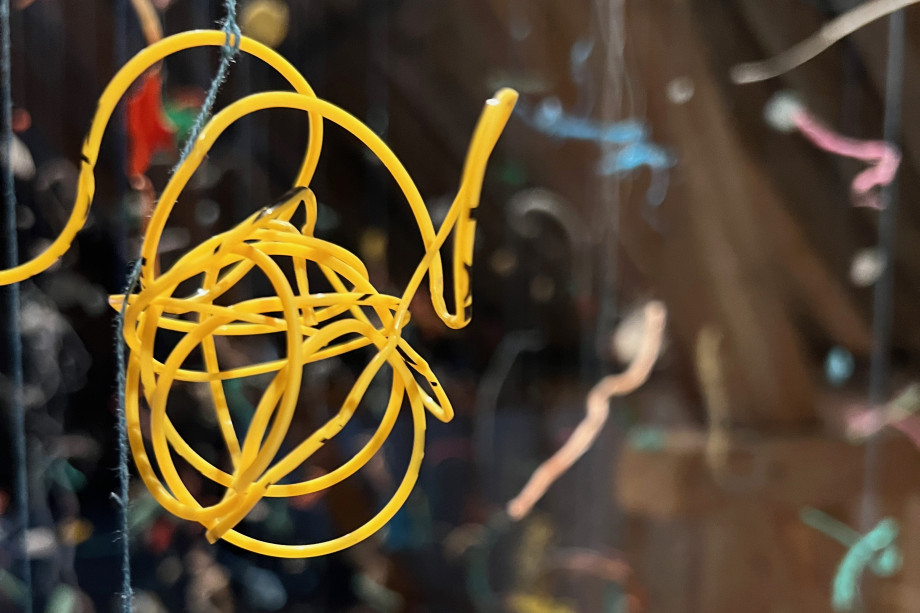Professor Dolly Jørgensen has won funding to research the links between cultural heritage and petrocultures and their connections to green transitions.

The Greenhouse Center for Environmental Humanities at the University of Stavanger has won funding for the project “Petroculture’s Intersections with The Cultural Heritage sector in the context of green transitions” (PITCH). The project is co-financed by the EU Horizon Europe program and the UK Research and Innovation (UKRI) for a total of 3.283.000 euros.
PITCH, which is led by Professor Dolly Jørgensen at UiS, brings together ten academic and cultural sector organisation partners in six countries. The team is researching petrocultures–a term used to describe how social imaginaries, economic discourses and understandings of modernity are shaped by petroleum. PITCH will investigate how petroculture is reflected in current heritage practices and how to reinterpret cultural heritage through a petroculture frame.
We live in an oil-based society that affects all aspects of life.
‒ We live in an oil-based society that affects all aspects of life, from what the clothes we wear are made of to how forestry is practiced. Our project works to make visible the unnoticed ties between heritage and petroculture, said Dolly Jørgensen, who is Professor of History and co-director of the Greenhouse Center for Environmental Humanities at UiS.
This project contributes to the green transition, which UiS has identified as a key strategy area for the university. Four innovative multi-site pilot events will provide a model for employing cultural heritage to creatively engage citizens to spur on environmentally-transformative shifts. The project will create two museum exhibitions, an interpretive biking trail, and public engagement events and workshops.
‒ It is important to involve cultural heritage in our rapid, society-wide European green transitions away from a reliance on fossil-fuels. We need to understand how petrocultures have affected our lives and be confident about how we might envision those lives otherwise, according to Jørgensen.
The project runs December 2023 to November 2027 and involves partners in Norway, Finland, Germany, the Netherlands, Portugal, and UK.